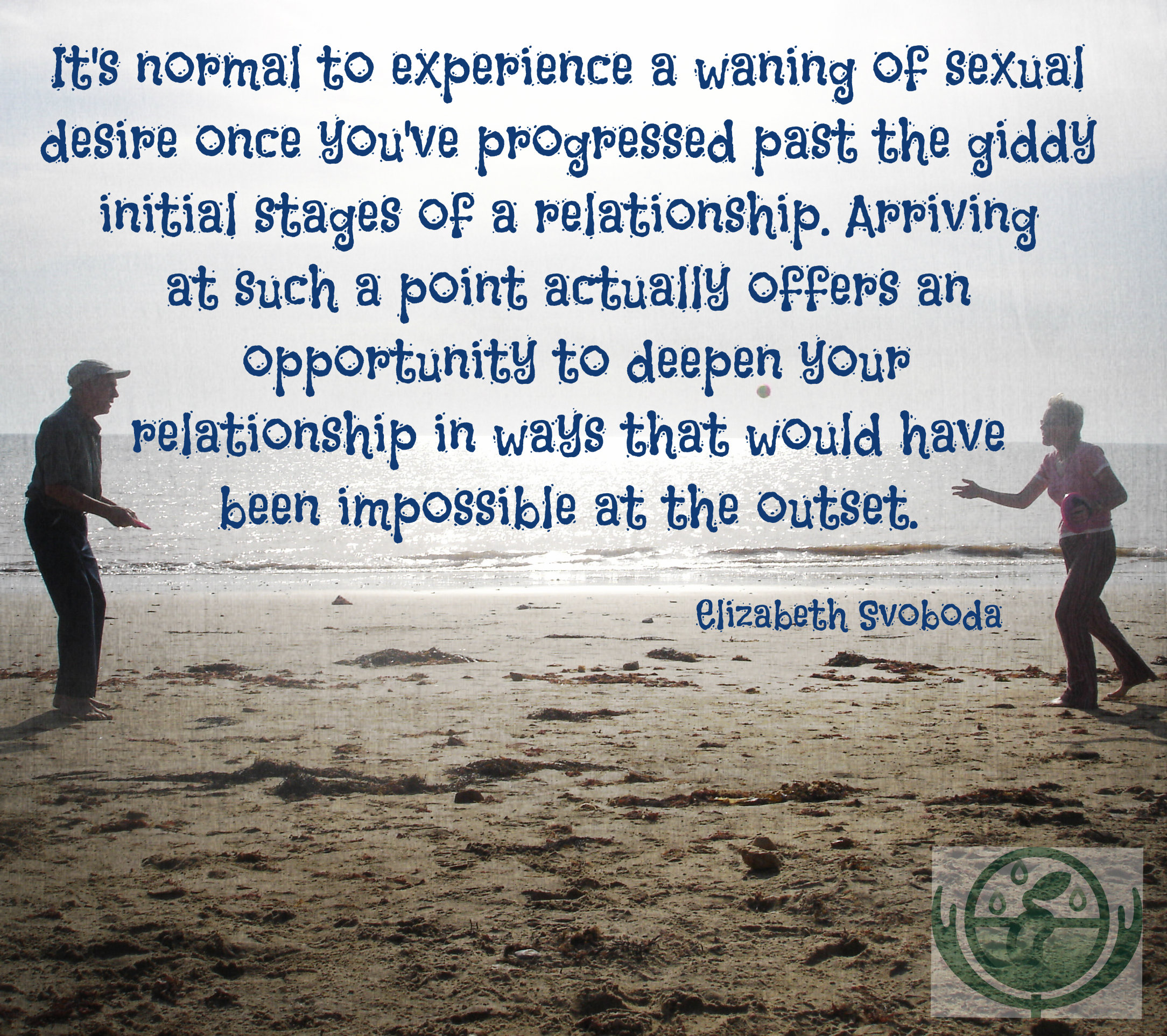In the last of the series of 5 surprising but important life lessons that psychological research, Psychology Today looks at the value of mature deepening love.
Couples can be alarmed, or wonder if they should “throw in the towel” when the hot and heavy blush of the relationship is gone. When couples go from “can’t keep our hands off each other” to “please pass the remote”.
The “lust” part of a romantic relationship lasts about 18 months.
It’s normal for that to dissipate. Then the fresh intense hot heady rush of those early days settles into a warm steady real relationship, where bad breath and showing up late annoy in ways they didn’t in the early months.
And that’s when the relationship has a chance to turn real...like the velveteen rabbit becomes real when the child puts it through its paces taking it in the garden and here and there…giving it loving wear and tear in the real world that makes it genuine and authentic.
Some couples may be alarmed. The myth from the romantic comedy from Hollywood telling us that couples live in “happily ever after” bliss is strong. Long term marriage is good. However, it doesn’t have some of the sparkle and blush of the newly romantic stage when every time you touch each other, electricity surges through the connection.

The alarm may lead a person to wonder, “Have I fallen out of love? Is this relationship over?”. In fact, it has reached an appropriate stage of development and maturity.
The article says:
…successful couples argue—it’s how they go about it that determines their continued relationship satisfaction (among other things, happy partners refrain from hurling nasty zingers or withdrawing from conflict). Airing grievances is necessary, since it allows both people to speak their minds and take responsibility for their missteps.
and:
“Romantic love is when we have this consuming, emotional experience with another person, and it usually lasts about a year and a half,” says Washington State University’s Meek. “Deep love comes after—after we see how imperfect the other is and commit ourselves to them anyway.”
I love it when great resources like Psychology Today or The Babble Out provide us with opportunities to learn about love in ways that decrease anxiety allowing us to better connect with others.






Write a Comment